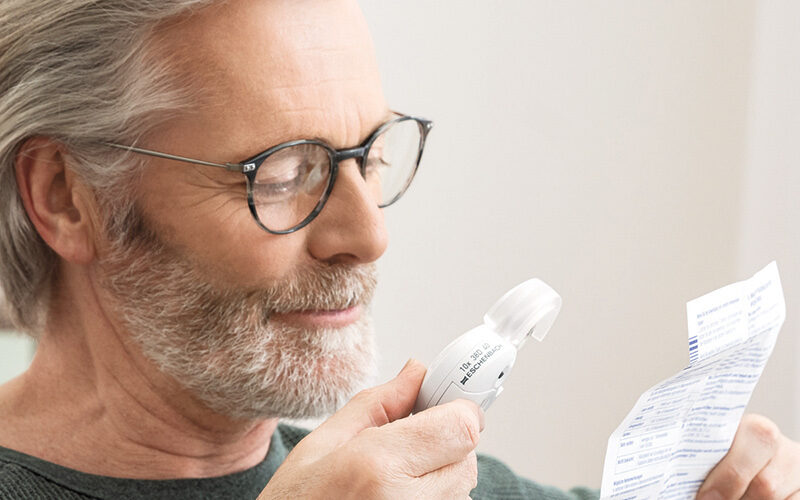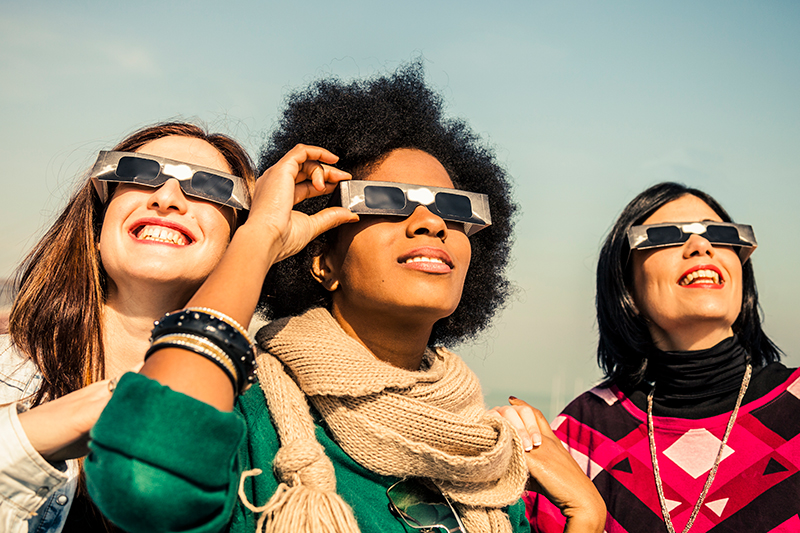An annual eye exam is much more than just getting new glasses. Among the many things that an annual eye exam can do is alert your eye doctor to the presence of an eye disease that may be developing unbeknownst to you. Sometimes eye diseases can change your vision so subtly that, day to day, you many not notice that your field of view is slowly decreasing or that you have a dark spot in the vision of one of your eyes. Early changes are harder to detect when the change only affects one eye as your brain may overlook the bad eye and use the view of the unaffected eye.
In cases where there is an eye disease present or developing, the following are the stages you will go through with your eye doctor.
Detection and Diagnosis
Detection and proper diagnosis by your eye doctor is the first step to managing an eye disease. Often, a referral to a specialist is the next step. With many retinal diseases such as macular degeneration or diabetic retinopathy, for example, you will likely get referred to a retinal specialist who focuses on diseases of the back of the eye. In cases of more advance glaucoma the referral to a glaucoma specialist is often in order. If you have a cataract, you’ll likely get referred to a cataract surgeon.
Management
Your primary eye doctor and specialist will then try to manage the disease. This can be done with surgical procedures, drugs, or (for diseases without such treatment options like the dry form of macular degeneration) specific vitamin supplements to prevent further disease progression.
Vision Enhancement with Low Vision Aids
Whatever the eye disease, if there is irreversible vision loss already present, the second part of the treatment plan should be the use of vision enhancing products called low vision aids. Magnifiers, whether optical or electronic, as well as specially tinted glasses (and other products) are collectively called low vision aids and they maximize the remaining vision in someone with vision loss. These aids can allow patients to resume reading and doing other daily living tasks independently. These products are so important and effective that the American Academy of Ophthalmology states that they are a standard of care to be provided to patients with vision loss.

Talk with Your Doctor
So regardless of the eye disease causing vision loss, the management of the disease should include the use of low vision aids so that the remaining vision can be maximized. Should you suffer irreversible vision loss, be sure to ask your eye doctor about getting low vision aids. Your eye doctor (or someone they refer you to) are best able to determine which of the many magnification and vision enhancing options are appropriate for you so that with them, you can remain safe, independent and enjoy a high quality of life doing the daily activities you like to do!
Contributed by:
Thomas I. Porter, OD
Asst. Professor & Director of Low Vision Service
Saint Louis University Eye Institute






